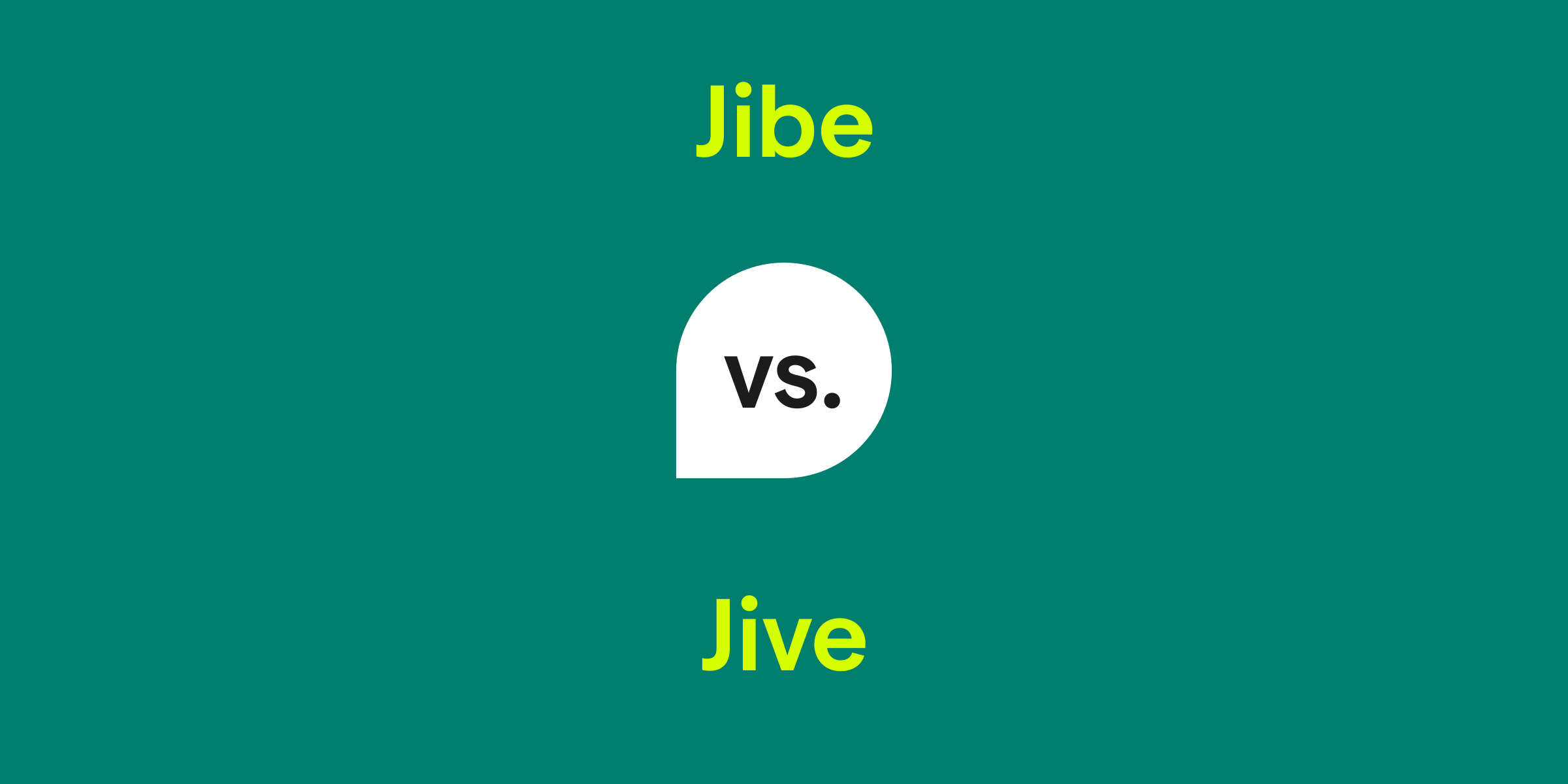Jibe vs. Jive: What's the Difference?
Jibe and jive are two English words that are often confused, but they have distinct meanings. Jibe is a verb that means to agree or be in harmony with something. On the other hand, jive is a noun referring to a style of lively music and dance associated with swing, and as a verb, it can mean to tease or to speak in a deceptive manner.

How do you use the word jibe in a sentence?
The word jibe is used when describing a state of agreement or consistency between different things. It can apply to opinions, facts, or actions, suggesting that they align well with each other. Jibe is often used in sailing contexts as well, where it refers to the action of changing a sailboat's direction with respect to the wind.
Examples of jibe in a sentence
- Her story doesn't jibe with the evidence provided during the investigation.
- We need to jibe the sailboat to the starboard to catch the wind properly.
- The team's strategy didn't quite jibe with the CEO's vision for the company's future.
How do you use the word jive in a sentence?
Jive is primarily used to refer to a swinging, vibrant style of dance and music associated with the swing era. As a verb, it implies speaking in a frivolous or misleading manner, often playfully or dishonestly. Jive can also describe interacting in such a manner or a kind of slang.
Examples of jive in a sentence
- The couple won the contest with their energetic jive to a classic swing tune.
- He's always jiving his friends with tall tales that no one believes.
- After watching the movie, they were inspired to learn the jive and join the local dance community.
Jibe and jive definition, parts of speech, and pronunciation
Jibe definition:
Jibe (verb): To be in agreement or accord; (in sailing) to shift from one side of a ship to the other when running before the wind.
Jibe parts of speech:
Jibe pronunciation:
Jibe is pronounced as /dʒaɪb/.
Jive definition:
Jive (noun): A style of lively music and dance; (verb): to joke or converse in an unserious manner, often in an attempt to deceive or misdirect.
Jive parts of speech:
Jive pronunciation:
Jive is pronounced as /dʒaɪv/.
Jibe (verb): To be in agreement or accord; (in sailing) to shift from one side of a ship to the other when running before the wind.
Jibe parts of speech:
- As a verb: When the market analysis jibes with the initial predictions, investors feel more confident.
- As a nautical term: The experienced sailor knew exactly when to jibe to take full advantage of the wind.
Jibe pronunciation:
Jibe is pronounced as /dʒaɪb/.
Jive definition:
Jive (noun): A style of lively music and dance; (verb): to joke or converse in an unserious manner, often in an attempt to deceive or misdirect.
Jive parts of speech:
- As a noun: They joined hands and kicked their feet in the lively jive.
- As a verb: Don't jive me with your excuses, I know you didn't study for the test.
Jive pronunciation:
Jive is pronounced as /dʒaɪv/.
Jibe vs. Jive in a nutshell
In summary, jibe is a verb that implies agreement or matching, and in a nautical sense, a maneuver of a sailing boat. Jive, on the other hand, is both a noun and a verb related to a type of music and dance, or the act of misleading through playful or deceptive conversation. Remembering the context in which each is used will help you avoid common mix-ups between these two distinct terms.
Get AI Writing Assistance Wherever You Type
Make sure your vocabulary is on point and every punctuation mark is in the right place, no matter where you’re working. Grammarly works across more than 1 million websites and apps so you can improve your writing without copying, pasting, or breaking focus.

More Commonly Confused Words
Interest piqued? Pore (not pour) over other commonly confused words to help your writing reach peak (not peek) performance.